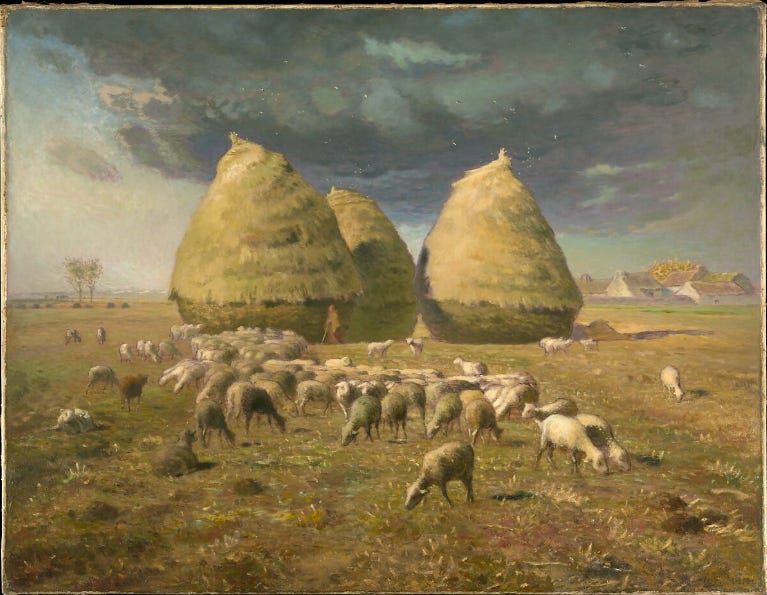Why I Became an Anti-Socialist
The Core behind Coddled Children – Fragment from Chapter Seven
I live in a country that breathes socialism.
Here, left and right are not opposites. They are branches of the same tree.
It is not collectivism versus individualism, or progressivism versus conservatism.
It is global socialism versus national socialism.
Freedom? Autonomy? Self-determination?
Every individual virtue is sacrificed to the collective.
Especially in a country that willingly surrendered its sovereignty to an ever-expanding European Union, chasing the illusion of safety.
When I was healthy, I believed this was the right way.
The strong would work hard and pay taxes, supporting the vulnerable.
Solidarity. Compassion. A better world for everyone.
But then I lost my health.
And I had to rely on the system I had funded all my life.
That was when I discovered what socialism really is.
Socialism does not give.
It takes.
It starts with good intentions — the dream of a world without suffering.
But behind the smiling façade lies a cold, ruthless machine.
A machine of rules. A machine that demands submission.
It takes away individual responsibility and replaces it with bureaucratic control.
It takes away human care and replaces it with standardized procedures.
You are no longer a person.
You are a case. A file. A number.
You are told what you need. Forced into solutions that do not fit. Punished for wanting more.
When hardship is removed, so is growth.
When responsibility is taken away, so is freedom.
Without struggle, there is no resilience.
Without challenge, there is no wisdom.
People become fragile. Dependent.
And fragile people need rules.
More rules. Stricter rules.
Rules to keep everyone in line, but entitle them to nothing.
What begins as care ends in control.
What begins as kindness ends in slavery.
And all the while, we toil for an insatiable government that grows and grows, but is always out of money.
There is not one country that embraced socialism and thrived.
Not one.
Because a society without strong, thinking individuals
is nothing more than a herd, waiting for its master.
You can find Haystacks: Autumn by Jean-François Millet in the Open Access collection of The Met.
The following fragment of Coddled Children shows what happens when rules matter more than people:
The nuclear war hadn’t bridged their differences. If anything, it had carved the divide even deeper. To Gwyn, Rupert was her arch-enemy, the living embodiment of everything her people had suffered. A backwoods preacher longing for the days when men ruled, women served, and Black people were forced to toil in the fields.
I warned Gladys over and over, but they refused to see the danger. Too enamored with that fool Graham, who had them wrapped around their little finger.
Gwyn hadn’t waited for disaster to strike. She had gathered her people, built her power. And when the dome was completed, when the whiteys did exactly what she knew they would—seizing control the moment they had the chance—she made her move.
They never saw it coming. Overconfident and unprepared they crumbled without a fight. A slow smirk curls across Gwyn’s lips as she remembers.
They had spent so much time following orders, they had forgotten how to think for themselves. Putting them in their rightful place had almost been too easy.
(…)
Once Gwyn realized the whiteys would never pose a serious danger, she turned her focus inward. She tightened control. Education was reshaped to keep children from becoming too curious or creative. Life paths were carefully mapped out ensuring that everyone remained safe, predictable, and comfortably within their own environment. No one would get any dangerous ideas about changing their fate.
But that was also where the friction with Gladys began.
"You are killing everything that makes people unique and beautiful, Gwyn. You need hardship to build emotional strength. What you are doing now is condemning people to eternal infancy!"
But Gladys never understood.
Every empire that has ever risen has eventually collapsed under the weight of its own divisions, torn apart by people pulling in different directions.
The only way to prevent that is to make sure everyone moves as one. No exceptions.
And Gwyn is not about to let the society she has spent the last twenty-three years so carefully cultivating be torn apart.
If you find this valuable, please punch the like button! It helps me get a little more visibility in this endless sea of publications!
Stay tuned. There’s more to come.
For my Dutch readers. If you prefer to read in your own language, press the button below!



I hope you are healthy now! Kisses from Spain.